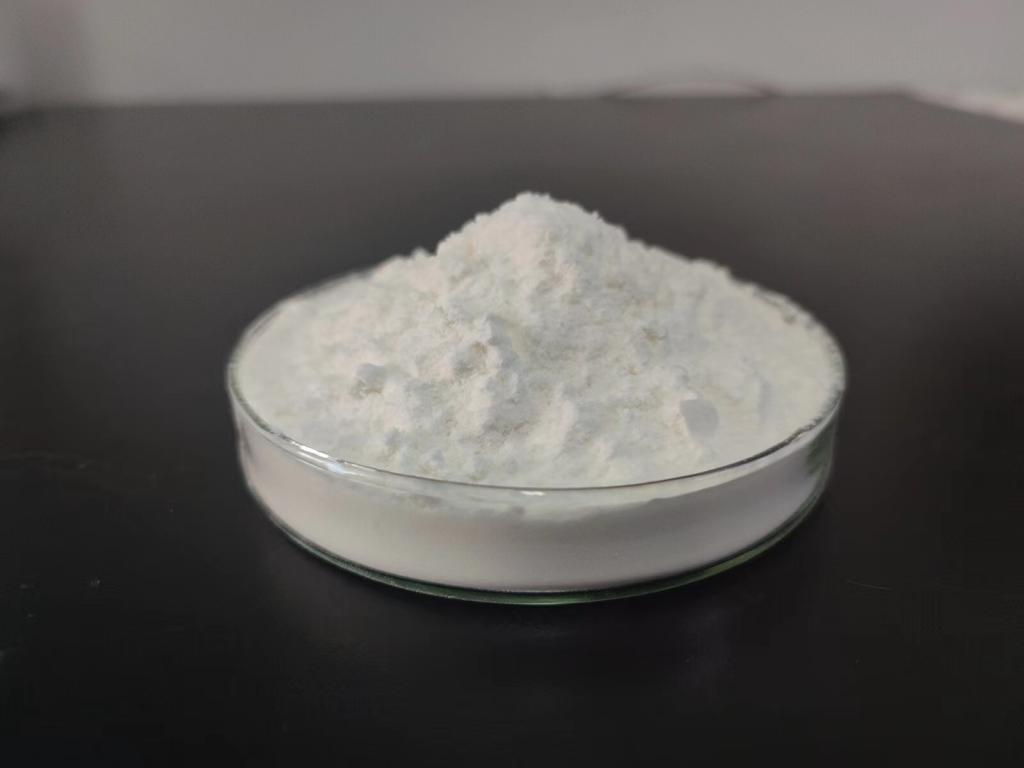Tel:+8618231198596

News
 CONTACT
CONTACT
 CONTACT
CONTACT
- Linkman:Linda Yao
- Tel: +8618231198596
- Email:linda.yao@dcpharma.cn
- Linkman:CHARLES.WANG
- Department:Overseas
- Tel: 0086 0311-85537378 0086 0311-85539701
News
The use of ε-Polylysine hydrochloride offers an alternative to synthetic preservatives.
TIME:2024-04-12
The Rise of Clean-Label Foods:
Clean-label foods are characterized by simple, recognizable ingredients and transparent labeling practices. Consumers increasingly seek products with ingredient lists free from artificial additives, preservatives, and synthetic chemicals. This shift in consumer preferences reflects growing concerns about health, sustainability, and the perceived risks associated with consuming processed foods. Clean-label products resonate with consumers seeking wholesome, authentic food experiences that align with their values and dietary choices.
Challenges of Synthetic Preservatives:
Synthetic preservatives have long been utilized by the food industry to extend shelf life, prevent spoilage, and ensure product safety. However, concerns about the potential health risks and environmental impact of synthetic preservatives have prompted consumer skepticism and scrutiny. Additives such as butylated hydroxyanisole (BHA), butylated hydroxytoluene (BHT), and sodium benzoate have raised questions about their safety and long-term effects on human health. As a result, consumers are increasingly seeking alternatives that offer effective preservation without compromising safety or product quality.
ε-Polylysine Hydrochloride: A Natural Solution:
ε-Polylysine hydrochloride, derived from microbial fermentation, represents a natural alternative to synthetic preservatives. Produced by strains of Streptomyces albulus, ε-Polylysine hydrochloride is a polypeptide composed of multiple lysine residues linked by peptide bonds. Its cationic nature enables it to exert antimicrobial activity against a broad spectrum of bacteria and fungi, making it an effective preservative for various food products. Unlike synthetic preservatives, ε-Polylysine hydrochloride is considered natural, biodegradable, and safe for human consumption.
Clean-Label Benefits of ε-Polylysine Hydrochloride:
The use of ε-Polylysine hydrochloride offers several clean-label benefits for food manufacturers and consumers alike. Firstly, ε-Polylysine hydrochloride is derived from natural fermentation processes, aligning with consumer preferences for minimally processed ingredients. Its transparent labeling as "ε-Polylysine hydrochloride" or "natural preservative" provides clarity and reassurance to consumers seeking clean-label products. Additionally, ε-Polylysine hydrochloride offers effective microbial control without the need for synthetic additives or chemical preservatives, addressing concerns about artificial ingredients and potential health risks.
Efficacy and Safety Profile:
Extensive research has demonstrated the efficacy and safety of ε-Polylysine hydrochloride as a food preservative. Studies have shown its effectiveness in inhibiting the growth of spoilage microorganisms and foodborne pathogens in various food matrices, including dairy, meat, seafood, and beverages. Moreover, toxicological assessments have confirmed the safety of ε-Polylysine hydrochloride for human consumption, leading to regulatory approvals for its use as a food additive in many countries. Its natural origin, low toxicity, and biodegradability make it a preferred choice for clean-label formulations.
Application in Clean-Label Foods:
The versatility of ε-Polylysine hydrochloride allows for its incorporation into a wide range of clean-label food products. In dairy products, such as yogurt and cheese, ε-Polylysine hydrochloride helps prevent spoilage and extend shelf life without altering taste or texture. Similarly, in meat and poultry products, ε-Polylysine hydrochloride inhibits microbial growth, enhancing food safety and reducing the need for synthetic preservatives. Its compatibility with various processing techniques and food matrices makes it an ideal choice for clean-label formulations across diverse product categories.
Consumer Perception and Acceptance:
Consumer education and communication are essential in fostering acceptance and trust in the use of ε-Polylysine hydrochloride as a natural preservative. Transparent labeling practices, clear messaging, and informative packaging can help educate consumers about the benefits and safety of ε-Polylysine hydrochloride in clean-label foods. Additionally, engagement with consumers through digital platforms, social media, and educational campaigns can address misconceptions and build confidence in ε-Polylysine hydrochloride as a clean-label ingredient.
Future Directions and Opportunities:
As the clean-label trend continues to evolve, ε-Polylysine hydrochloride holds promise as a sustainable solution for food preservation. Future research may focus on optimizing ε-Polylysine hydrochloride formulations, exploring synergistic interactions with other natural ingredients, and expanding its applications in emerging food categories, such as plant-based alternatives and functional foods. Collaboration among food manufacturers, researchers, regulatory agencies, and consumers is essential to drive innovation and promote the widespread adoption of ε-Polylysine hydrochloride in clean-label foods.
Conclusion:
ε-Polylysine hydrochloride offers a natural, effective, and clean-label solution for food preservation, addressing consumer demands for safe, wholesome, and additive-free foods. Its natural origin, efficacy against spoilage organisms, and transparent labeling make it an ideal choice for clean-label formulations across diverse product categories. By embracing ε-Polylysine hydrochloride as a natural alternative to synthetic preservatives, the food industry can meet consumer expectations for clean-label products while ensuring food safety, quality, and sustainability.
- Tel:+8618231198596
- Whatsapp:18231198596
- Chat With Skype







